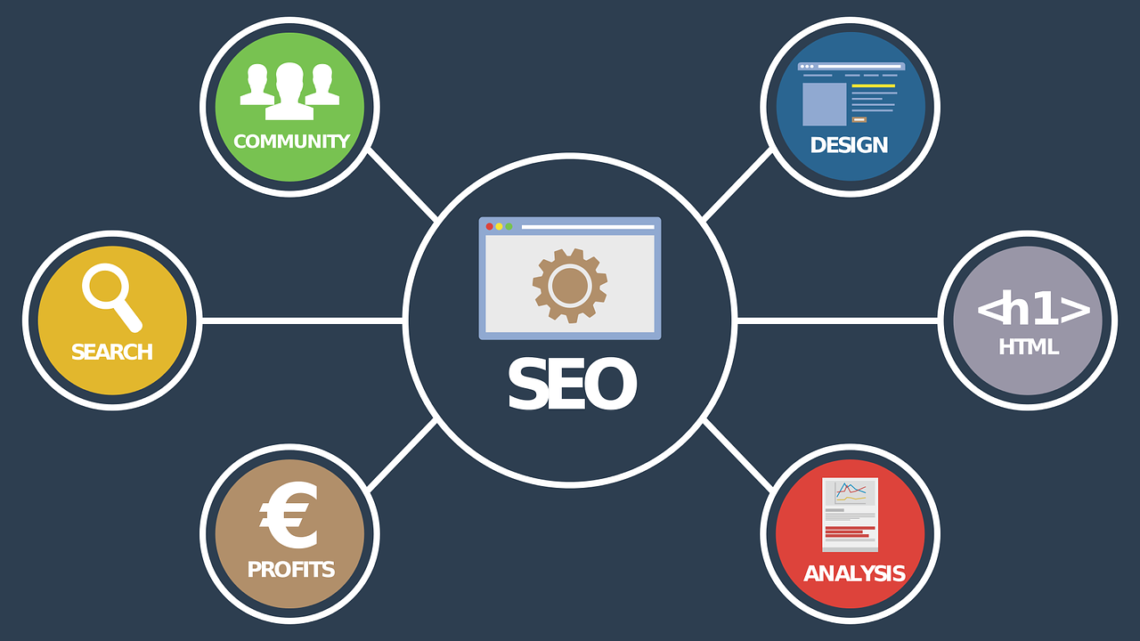
Most Important Elements Of Search Engine Optimization: A Comprehensive Guide
October 7, 2021Search engine optimization (SEO) is an important aspect of most online businesses. If you are not optimizing your site for SEO, it will be difficult to rank in search engines and generate traffic. To find out more about how to optimize your website for SEO, this comprehensive guide will provide the most important elements that need to be included in order to get higher rankings on SERP.
Elements
SEO is an ever-changing field and algorithms are updated often, so it’s important to stay on top of the most recent trends. Google tries to present search results that best meet users’ needs by using a variety of factors such as relevancy, location, and popularity at any given time. This means your site must be optimized for both SEO and user experience (UX).
On-page optimization is the most important element of search engine optimization (SEO) because it shows Google exactly what your site has to offer when someone searches for specific terms related to your content. By creating optimized web pages for each keyword targeted by your campaigns you will help both users find relevant information faster and search engines understand how people engage with certain topics online in order to better rank them in SERP.
Titles, Meta Descriptions And Keywords
Most important elements of search engine optimization (SEO), but so are page titles, meta descriptions and keywords, as well as more advanced ranking factors like speed or mobile friendliness.
Meta descriptions are the most important element of on-page SEO. It’s a brief description (maximum 156 characters) that appear under your title in SERPs and is used to describe your website, so it should be attractive enough to convince users to click through.
Page titles must also include keywords as they play an essential role for ranking purposes. They can be maximum 60 characters long with spaces included if you want them visible within search results pages; however, shorter page titles tend to rank better since Google truncates any words after about 50-60 characters automatically by removing some letters or numbers from each word until there’s nothing left but relevant stuff!
All these factors contribute towards how fast your site loads which is another factor affecting the user experience.
To ensure that your site is crawlable, it’s important to provide an XML sitemap with all the most important pages linking back to your website. As Googlebot crawls through links on other sites and eventually comes across links pointing towards yours, these too will be crawled for indexing purposes if they are linked from a page which itself has been indexed by Googlebot already. This way you can easily avoid crawling dead ends or having to re-index parts of your site because certain things have changed over time (e.g., content removal/replacement). Keep in mind though that Google might take up to 30 days before new URLs within this sitemap get fully indexed so don’t panic if everything.
Optimizing your website for search engines is no easy task. It requires a lot of effort and most importantly patience. The purpose of this article is to serve as an introduction into the world of search engine optimization with some practical tips that can be applied quickly in order to see immediate results on Google’s rankings, but also give you enough information so you know where to go next if you want more advanced techniques or just wish to understand SEO better.